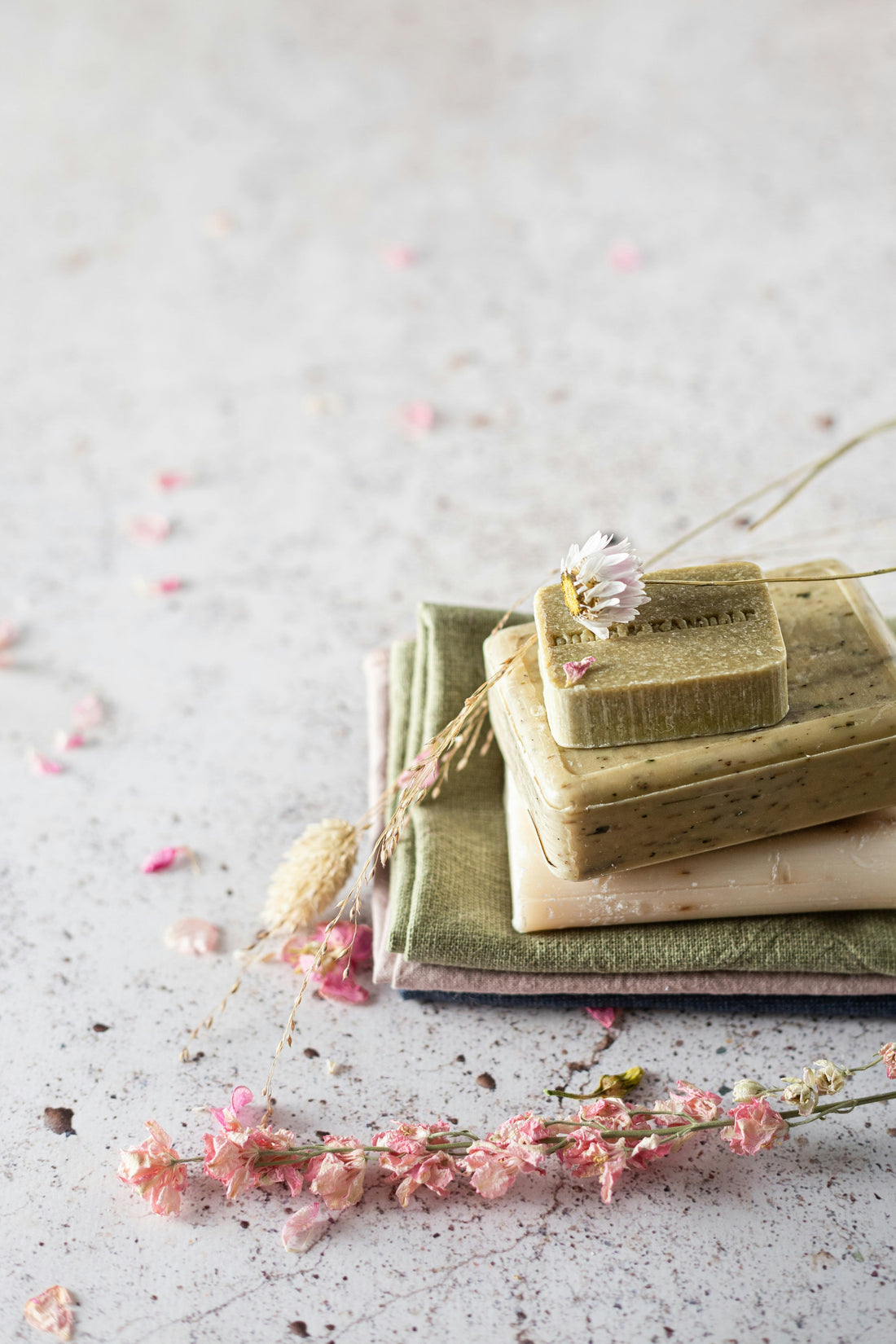From shampoo and body wash to toothpaste and deodorant, chances are you’ve seen the words “natural,” “eco-friendly,” or “non-chemical” printed proudly on personal care products. The demand for natural products has exploded in recent years as more of us look to simplify our routines, reduce exposure to harsh ingredients, and shop in a way that aligns with our values.
But with all the marketing buzz, have you ever stopped to wonder: What are natural products, really? Are they truly safer and more sustainable—or just clever branding wrapped in green packaging?
Let’s dive into what “natural” actually means in the world of personal care, and what to look out for if you want to choose products that truly are better-for-you.
Why Natural Products Are Everywhere
The rise in popularity of natural and non-chemical products reflects a wider shift toward mindful living. People want to know exactly what they’re putting on their skin, just like they increasingly care about what’s in their food. That growing awareness has led to a boom in brands offering natural personal care products that claim to be free from synthetic ingredients, artificial fragrances, or harsh preservatives.
There’s just one problem: unlike terms such as “organic” or “cruelty-free,” there’s no standard legal definition for “natural” in cosmetics or skincare. In most countries—including New Zealand, the United States, and the UK—the term isn’t tightly regulated. That means a company can slap “natural” on the front of a bottle even if the formula contains just one plant-based ingredient and a bunch of synthetic ones.

What Does “Natural” Really Mean?
In the personal care space, natural products are generally expected to be made with ingredients sourced from nature—like plant oils, clays, and herbs. They are presumed to contain minimal synthetic processing and avoid artificial preservatives, dyes, and petrochemicals; and to be packaged in a more eco-friendly way.
But again, without regulation, it’s up to the brand to define what “natural” means to them. This has led to a lot of greenwashing, where companies use buzzwords and earthy branding to appear environmentally conscious without changing what’s inside the product. If you truly care about using eco friendly and non chemical products, it’s worth learning how to read labels and look beyond the marketing hype.
Naturally-Derived vs. Truly Natural
One common point of confusion is the difference between “natural” and “naturally-derived.” A “natural” ingredient might be something like raw shea butter or essential oil that comes straight from a plant. A “naturally-derived” ingredient, however, starts from a natural source but is chemically altered during processing.
Neither is necessarily better or worse—some processing is required to make ingredients safe and effective. But if you're looking for minimal-intervention, non chemical products, you’ll want to check just how processed those “natural” ingredients really are.

Reading the Label Like a Pro
If a product calls itself “natural,” how do you know if it lives up to the claim?
Start by flipping the bottle over and scanning the ingredients list. The first few ingredients make up most of the formula, so if water is followed by PEGs, synthetic fragrance, or long chemical names, it’s probably not as natural as the branding suggests.
Here’s what to look for:
- Short ingredient lists made up of recognizable names (e.g. jojoba oil, shea butter, chamomile)
- Clear labels detailing what the product is free from—like parabens, sulphates, or synthetic dyes
- Certifications like ECOCERT, COSMOS Natural, or USDA Organic, which require brands to meet strict criteria for ingredient sourcing and processing
You might also find "green" preservatives like potassium sorbate or sodium benzoate in natural products. These are safe in small amounts and help extend shelf life without compromising the product’s integrity.
Are Natural Products Better?
Here’s the truth: not all synthetic ingredients are bad, and not all natural ingredients are safe.
Some synthetics are well-researched and stable, making them great options for sensitive skin. On the flip side, some natural ingredients—like essential oils or botanical extracts—can cause allergic reactions in certain individuals.
That said, many people find that switching to natural or non-chemical products helps reduce skin irritation, breakouts, or flare-ups. Natural deodorants, for instance, avoid pore-clogging aluminium and artificial fragrances, relying instead on baking soda, magnesium, or plant extracts to keep odour at bay.
If you’re looking to avoid toxins, simplify your skincare, or live more sustainably, choosing eco-friendly products with natural formulations can be a smart move.

Are Natural Products Better for the Planet?
Often, yes. Brands that create truly eco-friendly personal care products tend to consider the bigger picture. That means sustainable sourcing of raw ingredients, biodegradable formulations that won’t harm waterways, low-waste or plastic-free packaging, and ethical practices, such as cruelty-free testing and fair-trade sourcing.
However, not all natural brands are automatically sustainable. That’s why it’s worth supporting companies that are transparent about both their ingredients and their environmental impact.
Natural, Non-Chemical, and Made in New Zealand
If you’re looking for a no-fuss personal care brand that is focused on nature and the environment, check out our range of Natural Deodorants. Proudly made in New Zealand, Lone Kauri deodorants are free from aluminium, synthetic fragrance, and other unnecessary additives.
- 100% natural ingredients
- No parabens, petrochemicals, or toxins
- Eco-conscious packaging
- Effective, skin-friendly formulations
What are Natural Products, Really?
They’re products made primarily from ingredients found in nature—minimally processed, ethically sourced, and free from unnecessary synthetics. But since “natural” isn’t a protected term, it’s up to you to dig a little deeper.
If you're on a mission to switch to eco friendly and non chemical products, take the time to read labels, research brands, and look for third-party certifications. After all, your skin—and the planet—deserve better than greenwashed promises.




